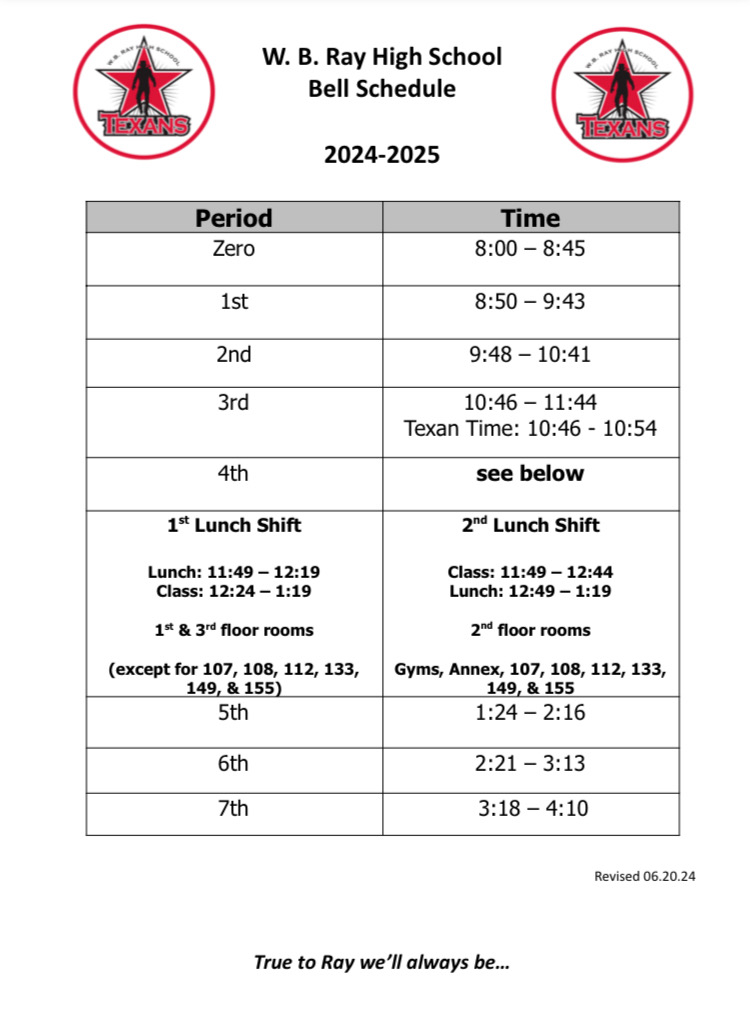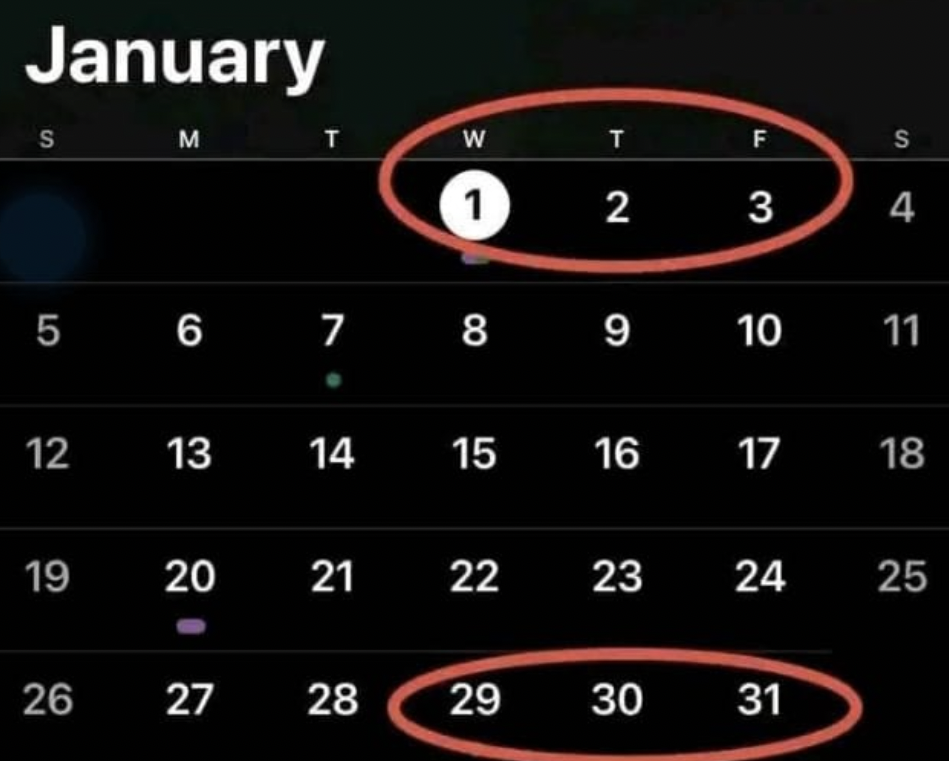On April 24, the Texas Education Agency (TEA) released its 2022-23 accountability ratings with Ray High School and CCISD seeing declines. RHS dropped slightly, with its overall score falling from 82 to 80. The district saw a more significant decline, with its overall score falling from 85 to 78.
The release had been postponed due to a 19-month legal battle initiated by Kingsville ISD and later joined by over 100 districts, including CCISD. The lawsuit contested the TEA’s implementation of new metrics without proper notice.
The TEA’s accountability ratings assess Texas schools and districts using three key performance categories: student achievement, school progress, and closing the gaps. Schools are assigned a grade on a traditional A–F scale, with 70 and above considered passing. These evaluations serve as a tool to inform parents and stakeholders and to drive academic improvement statewide
- Student achievement measures STAAR test performance, graduation rates, and post-graduation preparedness. This category does not contribute to the overall score. RHS earned a 77, while CCISD scored a 76.
- School Progress evaluates the academic growth of students over time and compares a school’s performance to institutions with a similar population of economically disadvantaged students. This category counts for 70% of the overall score. In this category, RHS earned an 84 — above the district’s 79
- Closing the Gaps accounts for 30% of the overall score, it evaluates the performance disparities among student subgroups across various indicators. In this category, CCISD slightly outperformed RHS, earning scores of 74 and 71 respectively.
Despite the declines, both RHS and CCISD maintained passing scores across all three categories.
RHS Principal Roxanne Cuevas attributed the drop in ratings to ongoing effects of the COVID-19 pandemic and abrupt changes to the accountability system.
“The rules of the game changed,” Cuevas said. “They changed during the year. They changed even after the kids had graduated, which is pretty amazing, because usually before you play a game, you know the rules before you know.”
Cuevas also emphasized that many school leaders had anticipated scores would fall statewide.“Because the State of Texas knew, everyone knew that the high school accountability ratings were going to come down … So we knew this back in, you know, when we first got the [raw] results,” she stated.
Despite the lower rating, Cuevas highlighted a point of pride.
“But what I was most proud of — because we did not know that … is that we received four distinctions” Cuevas added.
The release of the ratings was held up in a 19-month-long court battle, which only concluded after the 15th Court of Appeals, composed entirely of Republicans appointed by Greg Abbott, ruled in favor of TEA Commissioner Mike Morath. The districts argued that Morath’s changes to accountability rating metrics, mainly around college readiness, were illegal because they: “were not provided to districts in the beginning of the 2022-2023 school year as required by state statute.”
As of now, the 2023-24 ratings are still unreleased due to a separate lawsuit awaiting a decision from the same appeals court. However, schools have had access to their raw scores well in advance and could have chosen to make them public for both the 2022-2023 ratings and the currently unreleased 2023-2024 ratings.
Looking to the future, Cuevas acknowledged the likelihood of another drop in scores.
“We have templates — CCISD puts our raw scores in, and they come back with something that might be [our rating],” Cuevas explained. “But since it’s all in litigation, we’re still waiting. I mean, I do anticipate our scores going down, just because of the state regulations and policies. But we don’t know. I’m still hoping for a miracle, right?”
Cuevas later clarified that Ray’s final score was anticipated to fall to around a 77. “But I don’t have that in writing from TEA,” she noted.
In response to the declining scores, the school has been focusing on building collaborative learning and structure in the classroom in recent years.
Cuevas highlighted the school’s introduction of Professional Learning Communities, which have been a key part of the school’s strategy for improvement this year.
Cuevas explained that these allow teachers of the same subject to collaborate: “All the Algebra 1 teachers get a planning period … They get an additional period where they get to plan together as Algebra 1 teachers and they look at many things.”
The 2024–25 school accountability ratings are scheduled for release in August 2025. Despite the current setbacks, Cuevas remains optimistic that the school’s efforts will yield improved scores.





